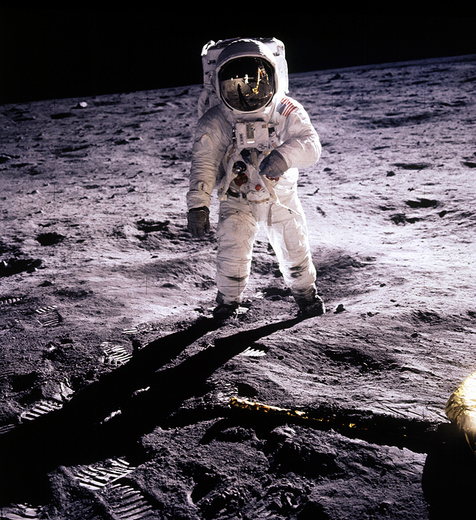Back in the mid-90s, just after I finished with college and was still struggling with the question of what I was supposed to do with my life, I spent a lot more time watching syndicated TV than I probably should have. Most of it was disposable junk that’s thankfully faded into the mists of my increasingly fuzzy memories. But there was, amidst all the low-budget, filmed-in-Vancouver cop shows, a couple series that stood out for me. Highlander was one. Another was a science-fiction epic set on a space station, a sort of intergalactic crossroads, a freeport where species of all descriptions could mingle, trade, and intrigue in relative peace, even as ancient cosmic powers manipulated events toward a war that would engulf them all.
No, I’m not talking about Star Trek: Deep Space Nine, although you’re forgiven for thinking so, considering the similarities between the two. I refer instead to Babylon 5, a show that always stood in the shadows of its higher-profile rival, much to the frustration of B5’s hardcore fans.
For the record, I wasn’t one of those people. Oh, I liked the show, as I already mentioned, and I remember thinking the parallels with DS9 were mighty fishy. (A full recounting of that is beyond the scope of this post, but briefly, there’s pretty good circumstantial evidence that the suits at Paramount ripped off B5’s creator, J. Michael Straczynski, who was shopping his concept around well before DS9 was ever thought of.) But I was, at best, a casual fan of B5. I didn’t watch faithfully every week. I watched it pretty often, though, often enough that when I recently sat down to view the series’ entire run, I found I remembered the overall story arc a lot better than I thought I would.
And I watched often enough that this morning’s news about the death of one of the show’s stars, Jerry Doyle, has hit me like a punch in the gut.
Doyle played Security Chief Michael Garibaldi, probably my favorite character among the large ensemble cast. Depicted as a blue-collar, salt-of-the-earth kind of guy, Garibaldi loved Daffy Duck cartoons, formed unlikely friendships with alien diplomats, and once rebuilt an antique motorcycle and rode it up and down the corridors of the station (a 23rd century O’Neill cylinder). In a show populated by flawed human beings (and aliens with a lot of human flaws), Garibaldi was perhaps the most flawed of them all; he struggled with a failed marriage, booze, conflicted loyalties, and PTSD. And that was before an evil telepath messed around with his mind. And yet, he was a hero in the same quiet, stolid way that so many ordinary people are heroes: because he just kept getting up and going to work in the morning. A lot of viewers related to that; I know I did, during those aimless years when I was working the wrong jobs and trying to figure out where exactly everything had gone wrong for me.
In the years after Babylon 5, Jerry Doyle became the host of a talk-radio program that bore his name. His politics were… not mine. And yet every account of personal encounters with the man that I’ve seen today suggests it would’ve been a bigger problem for me than for him. On social media, his B5 castmates are expressing shock, grief, and far deeper pain than you might expect someone to feel for a man they briefly worked with 20 years ago. That says a lot, I think. And it suggests that an awful lot of Garibaldi’s character was in fact Doyle’s character too.
I never had the chance to meet Jerry Doyle at a convention, and I regret that. He was only 60 years old.
One final thought: I don’t know what it is about Babylon 5, but the show seems to be suffering from an unusually high rate of attrition. Doyle is the fifth member of the principal cast to pass away in recent years, following Richard Biggs (Dr. Franklin), Andreas Katsulas (G’Kar), Michael O’Hare (Commander Sinclair), and Jeff Conaway (Zack Allan). Granted, the show is 20 years old, but that’s not really all that long…



